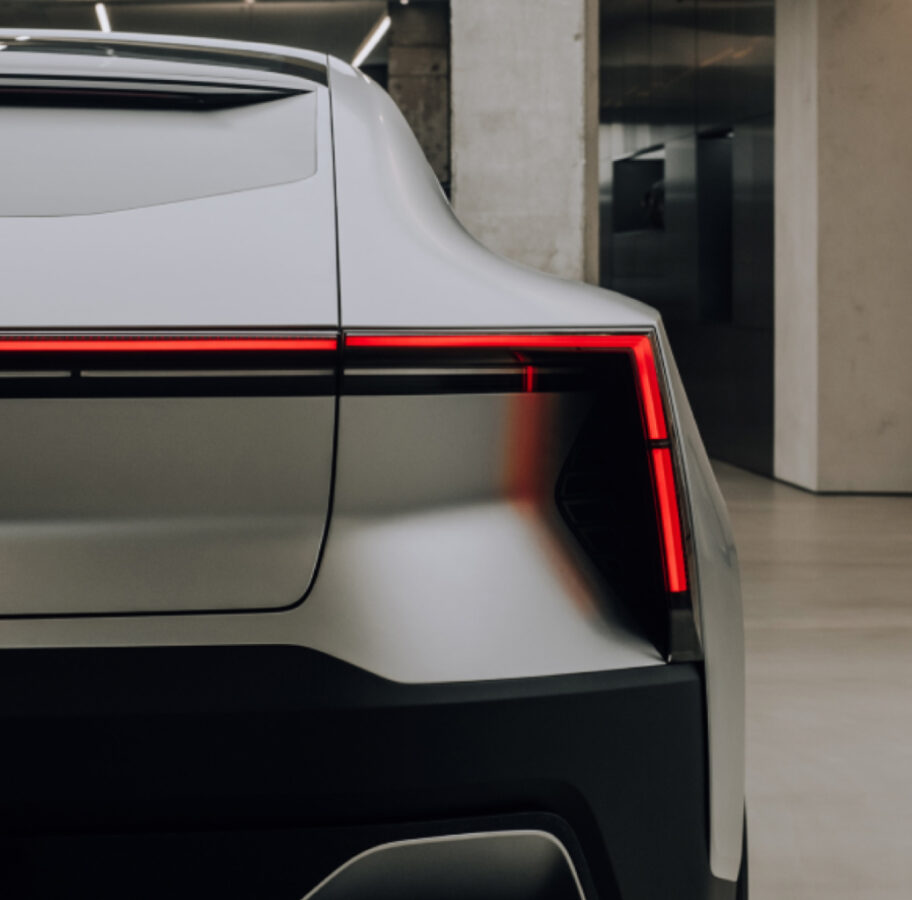
Achieve your highest performance foams and coatings with polyols made with our catalyst
Order sample materialThe future of mobility
Driven by government policies and consumer interest in climate-friendly transportation, the automotive industry is dramatically shifting vehicle design. It’s not just about energy anymore. Automakers are designing vehicles and components for durability, recyclability and reuse to reduce waste. Interiors are also starting to become more sustainable with a range of recycled materials, natural fibers and solutions made from renewable carbon.
On average, a car contains 24 kg of polyurethane
- Polyurethane foams for the car seats, headrests and armrests
- Polyurethane resins for bumpers and spoilers to provide maximum shock absorption without adding bulk or weight
- Polyurethane coatings for glazing windscreens and windows, increasing their strength and durability
- Lightweight polyurethane elastomers with high compressibility for suspension systems that improve driving comfort
- Protective polyurethane foam for encapsulating engines, enabling them to reach operating temperatures faster and reduce fuel consumption
- Thermoplastic polyurethanes for protecting ABS and brake cables by regulating their temperature and providing high flame retardancy

Making polyurethanes from renewable carbon
Long before polyurethane becomes part of a vehicle, it starts out as two components that are mixed together: isocyanates and polyols.
At Econic, we provide manufacturers with a patented process and catalyst to make polyols — specifically polycarbonate ether polyols — from carbon dioxide. These can effectively replace the oil-based polyether polyols that are typically used to make polyurethanes.
Use upcycled carbon for the best performance
Switching to our process and incorporating renewable carbon, not only makes polyurethane materials more sustainable, it can improve their performance thanks in automotive applications thanks to tunable characteristics at the molecular level.

 Comfort foams
Comfort foams  CASE
CASE  Insulation foams
Insulation foams 

